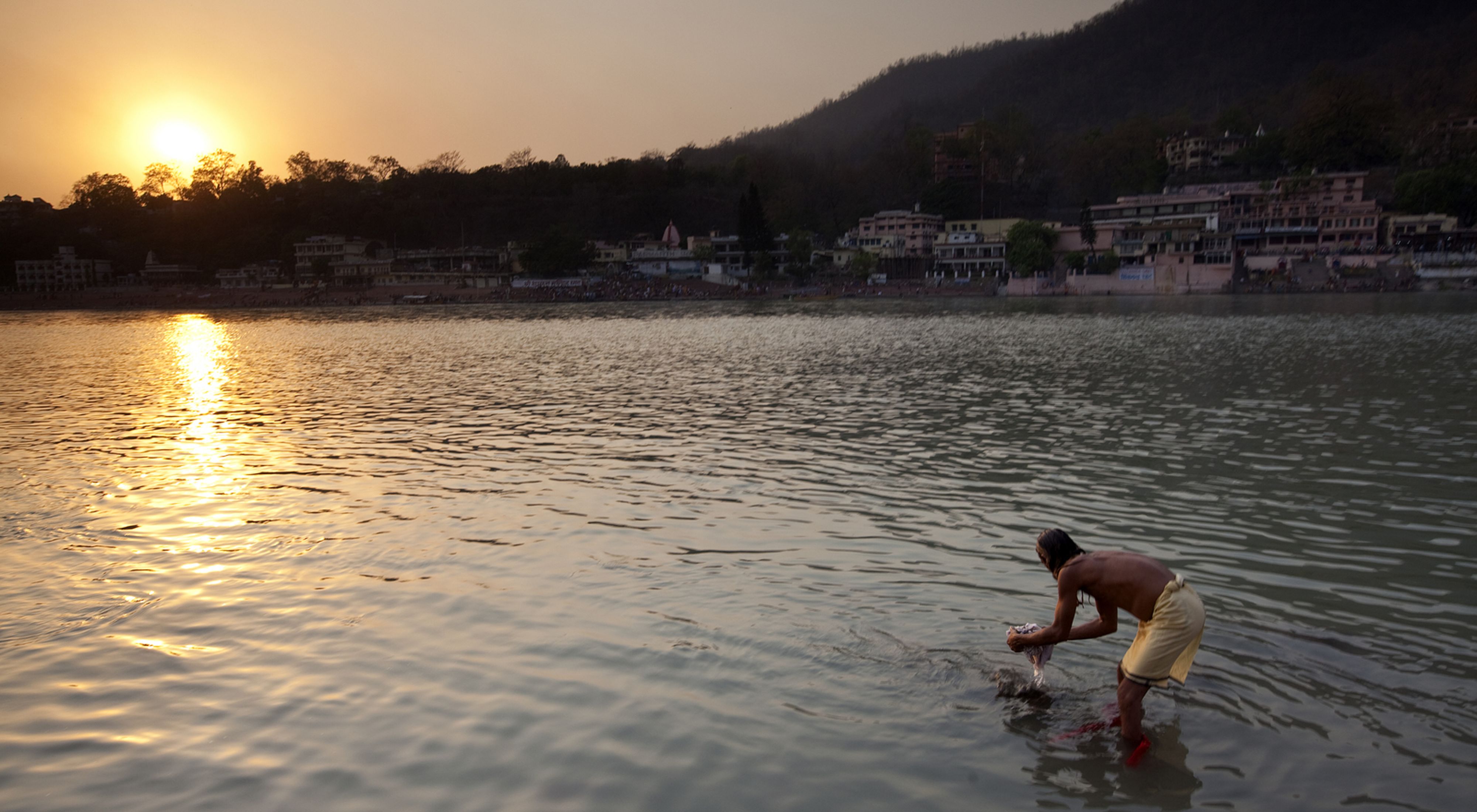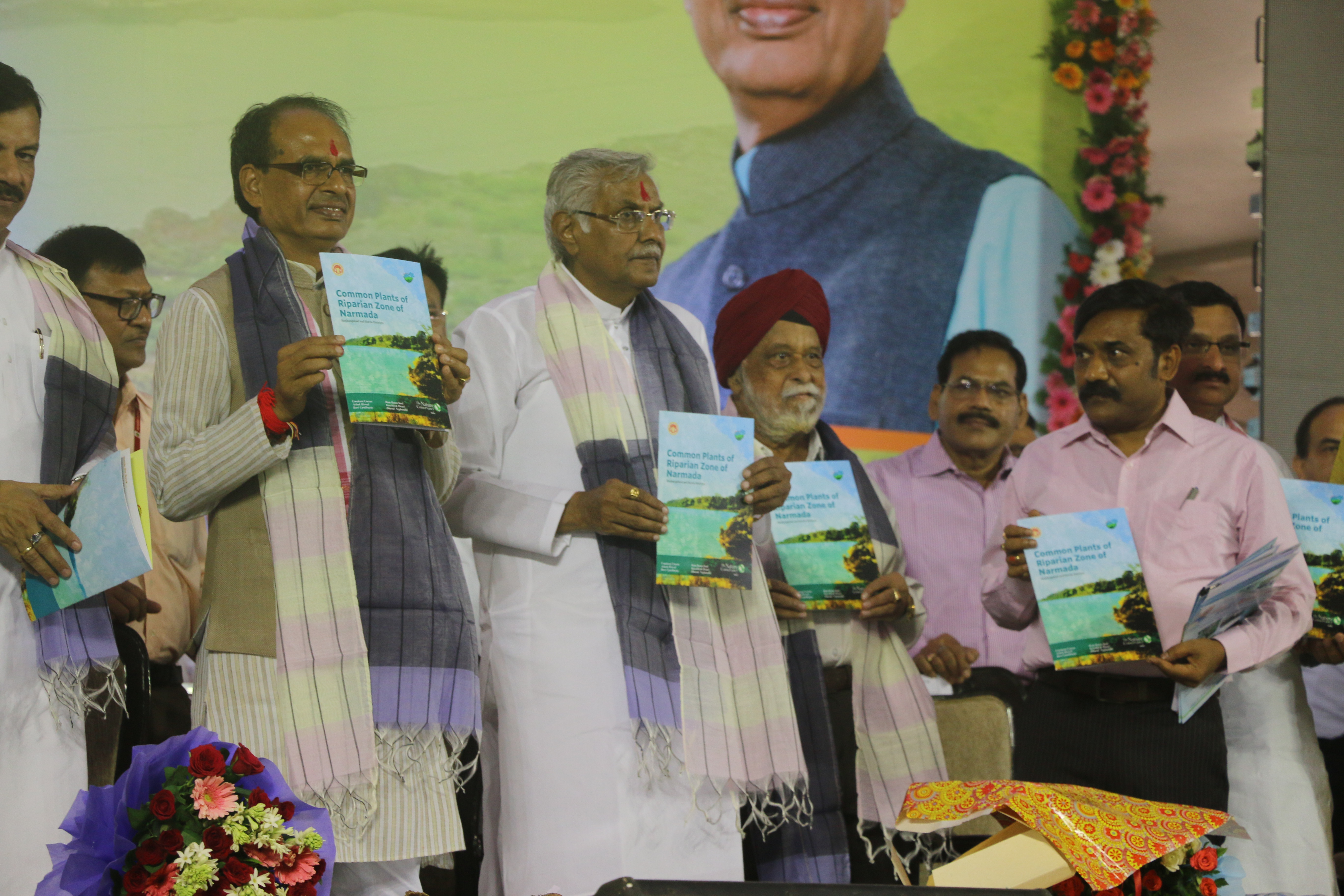We are a science-led organisation and undertake extensive research in suport of all our projects.
We believe in sharing knowledge. Learn more about our research from the publications listed below.
-
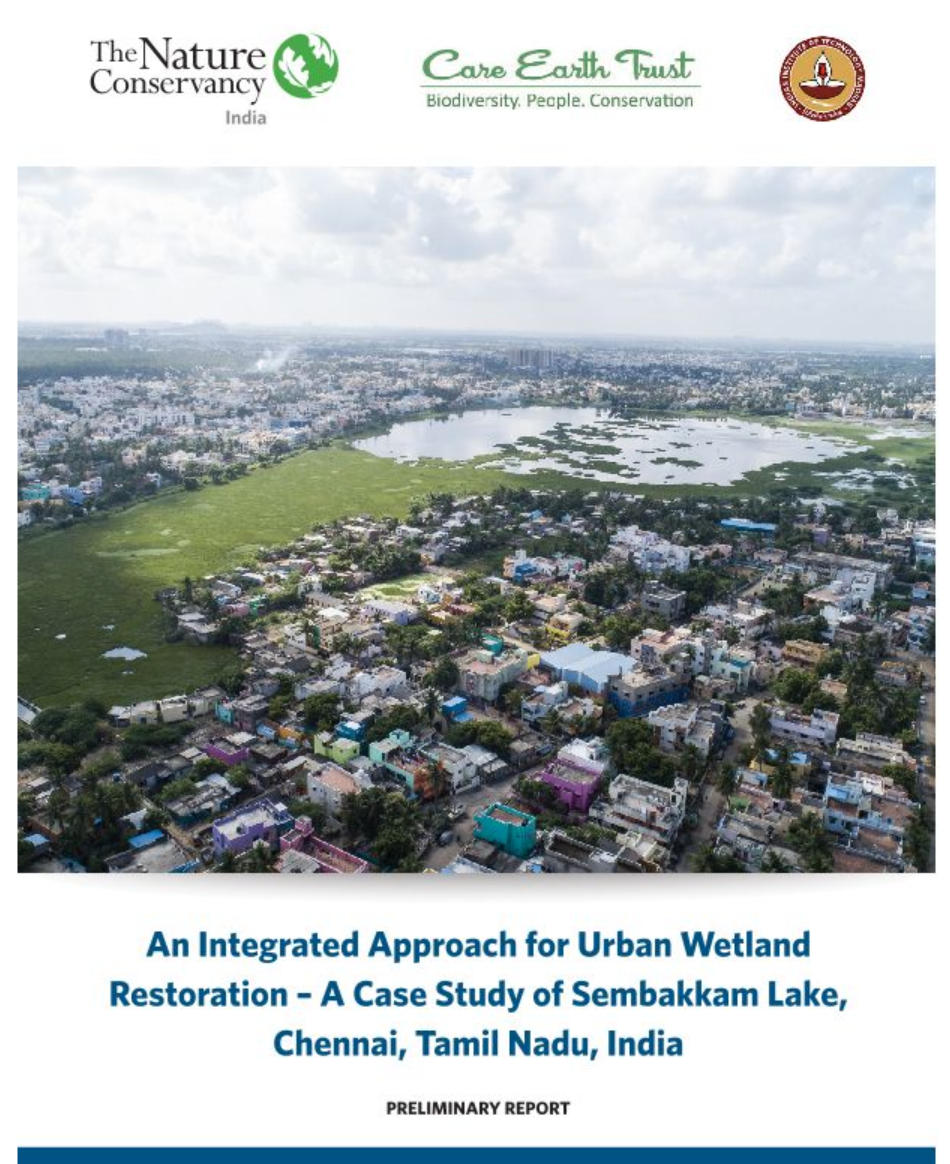
Sembakkam Restoration Report
An Integrated Approach for Urban Wetland Restoration - A Case Study of Sembakkam Lake, Chennai, Tamil Nadu, India
DOWNLOAD -
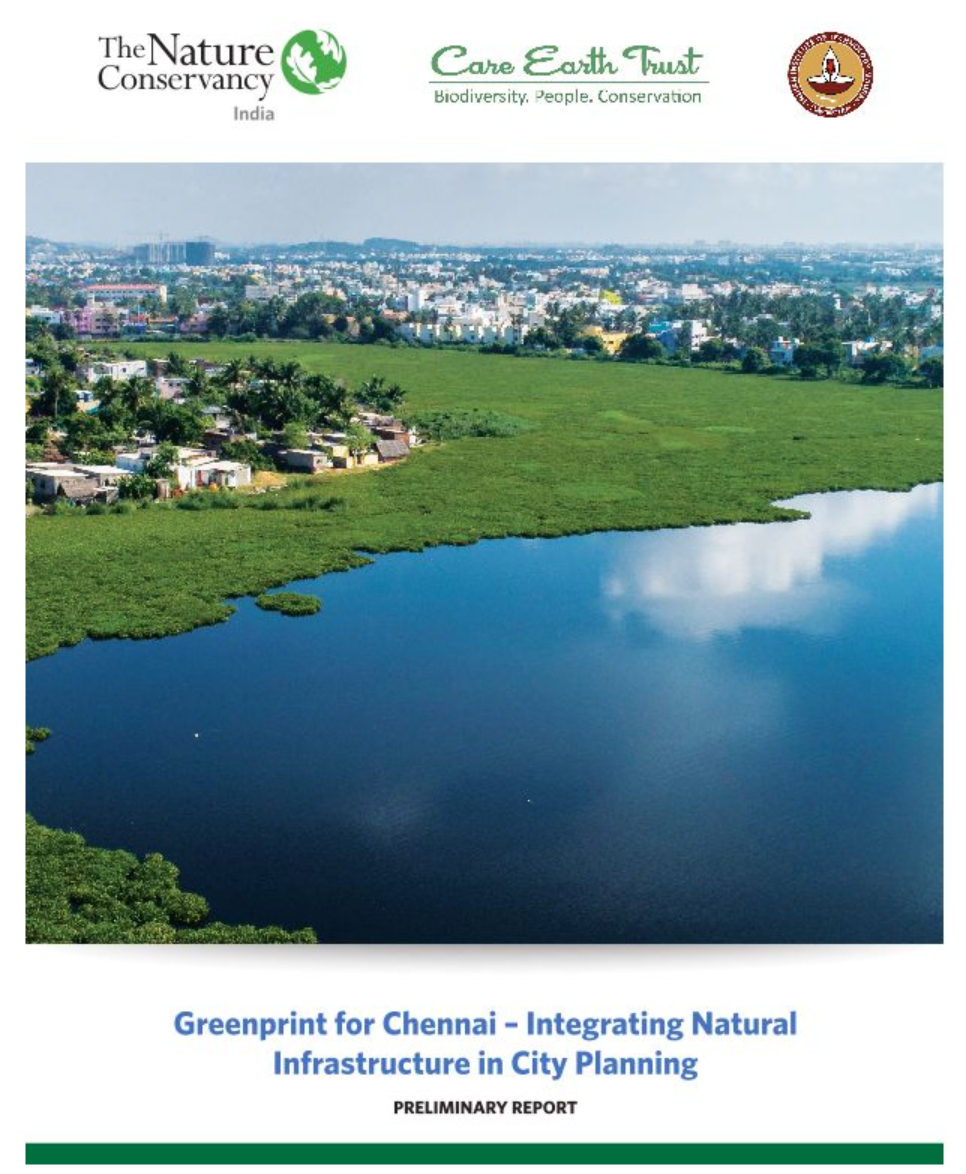
Greenprint Report
Greenprint for Chennai - Integrating Natural Infrastructure in City Planning
DOWNLOAD -
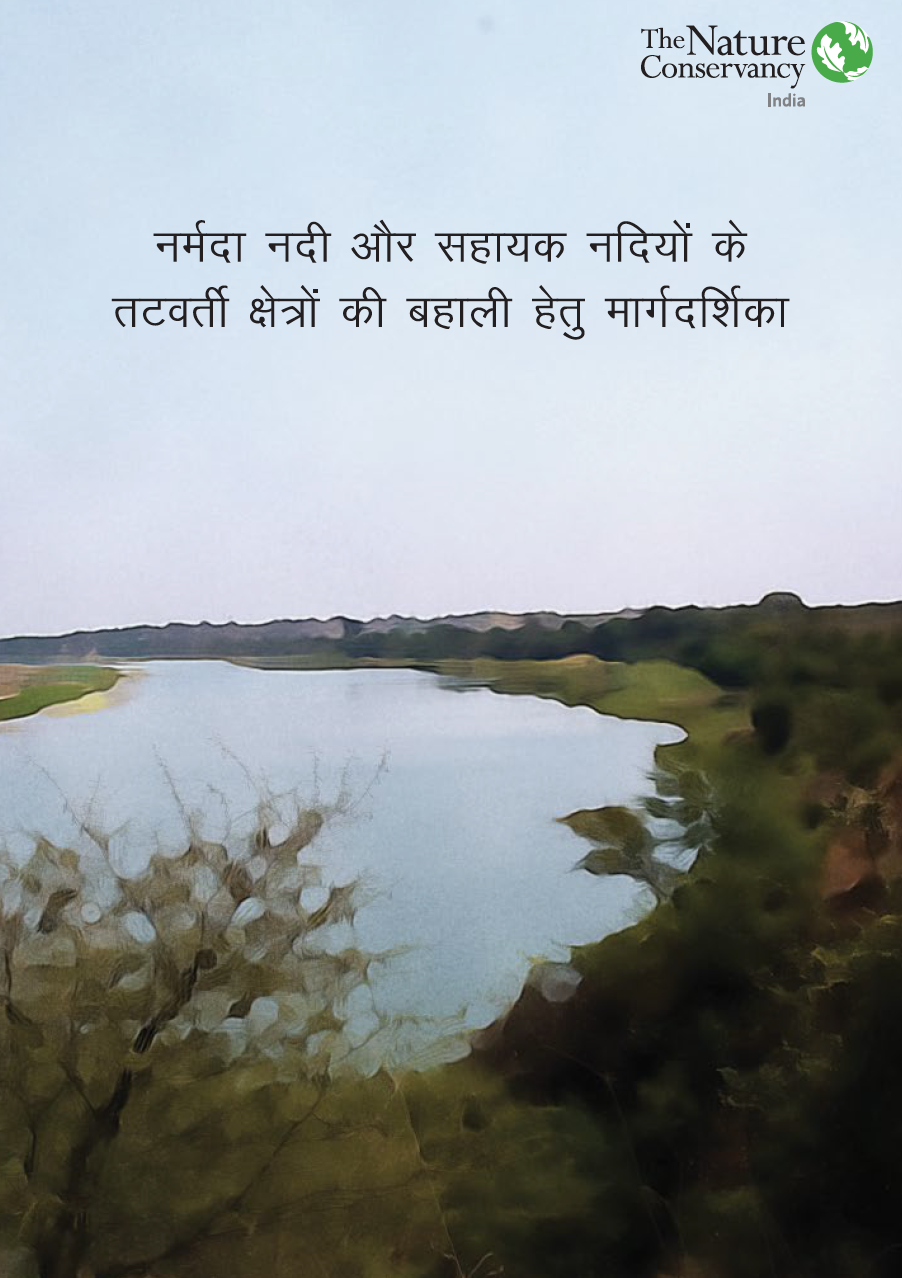
-
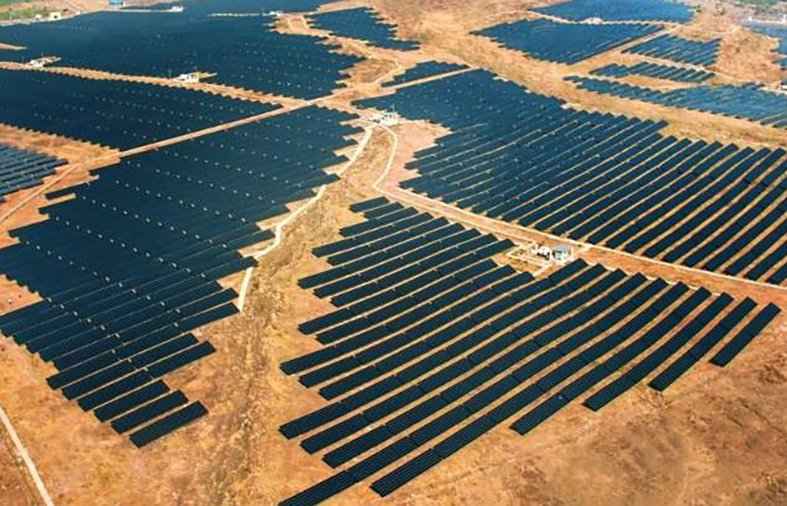
AI for Solar Energy Locations in India
Unplanned renewable energy drive threatens food security, biodiversity
DOWNLOAD -
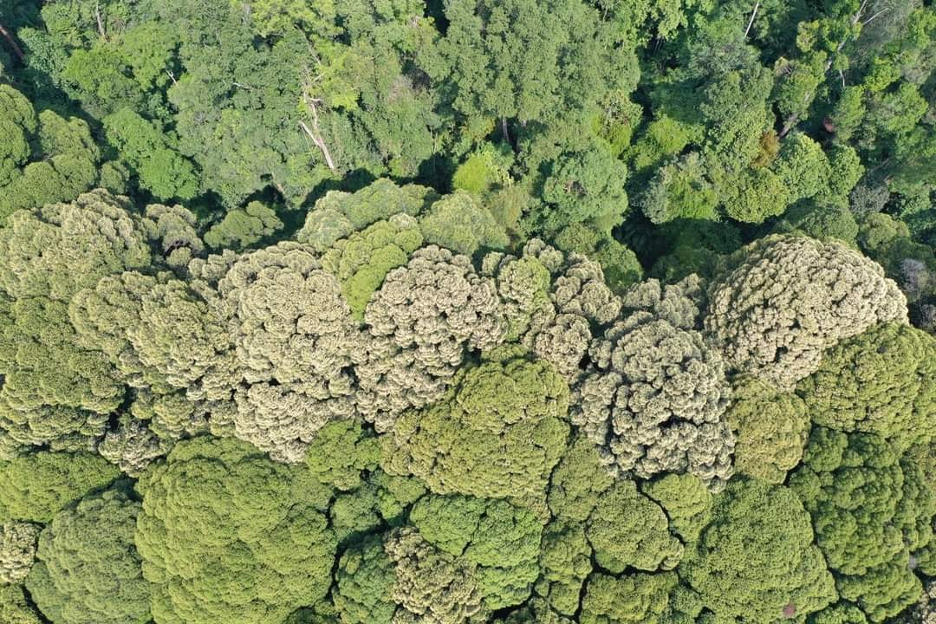
Southeast Asian Dipterocarp Origin
The African tree family fueled the rise of the Asian tropical rainforest
DOWNLOAD -
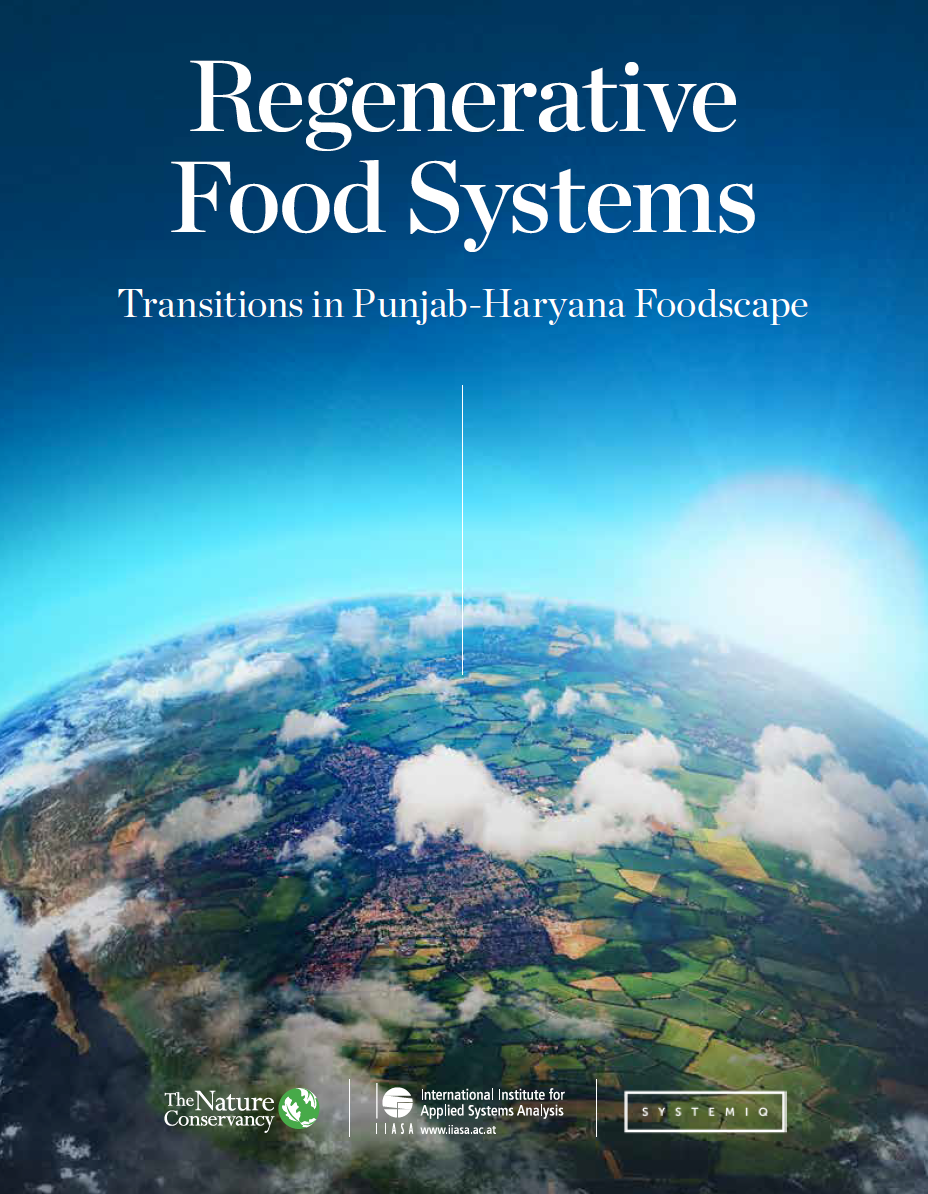
-
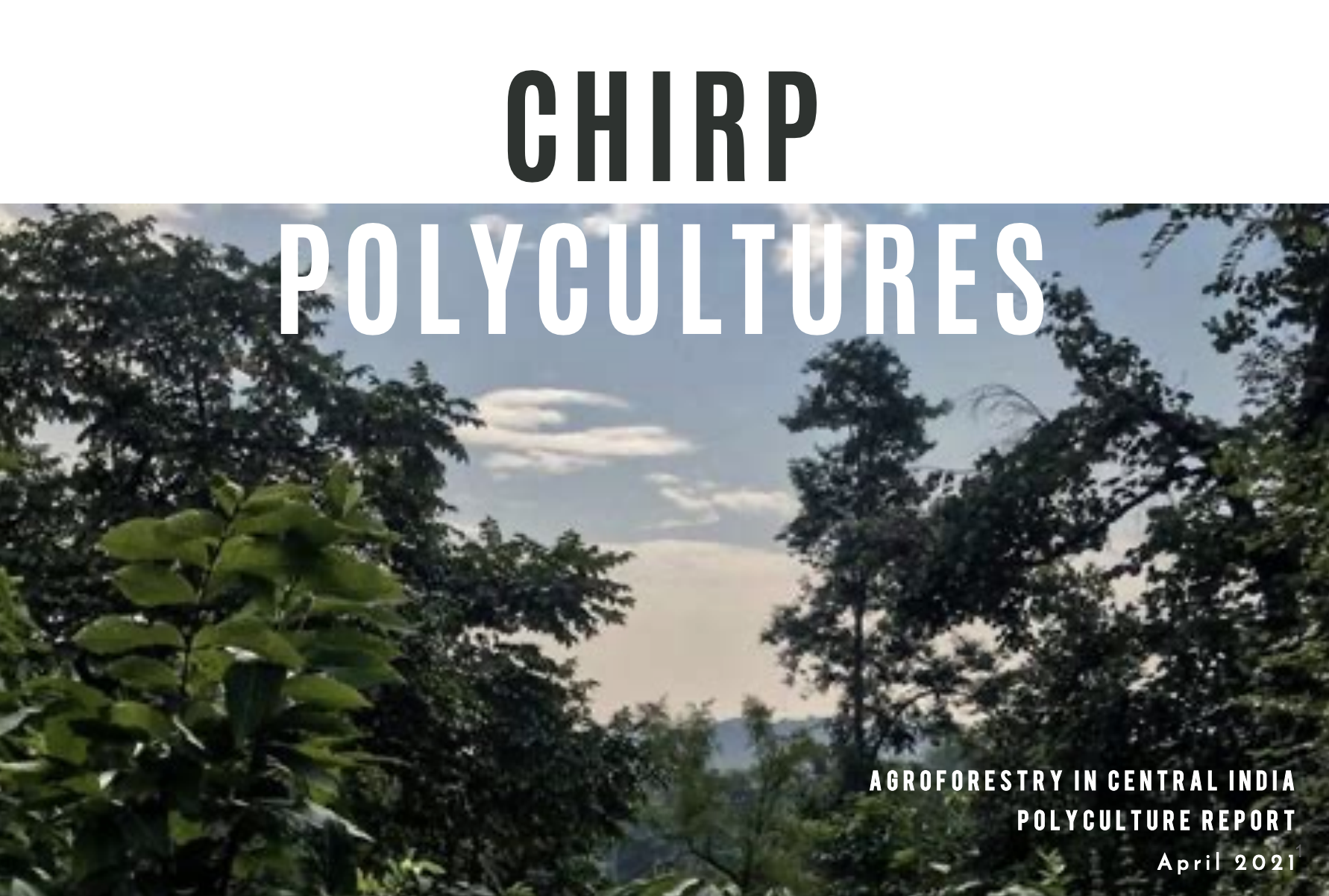
Polycultures: Agroforestry in Central India
April 2021
This polyculture contains plants with a variety of ecological functions aimed at restoring the different Upland ecosystems. Alter the layout of the plants to fit the needs of each microclimate.
DOWNLOAD -
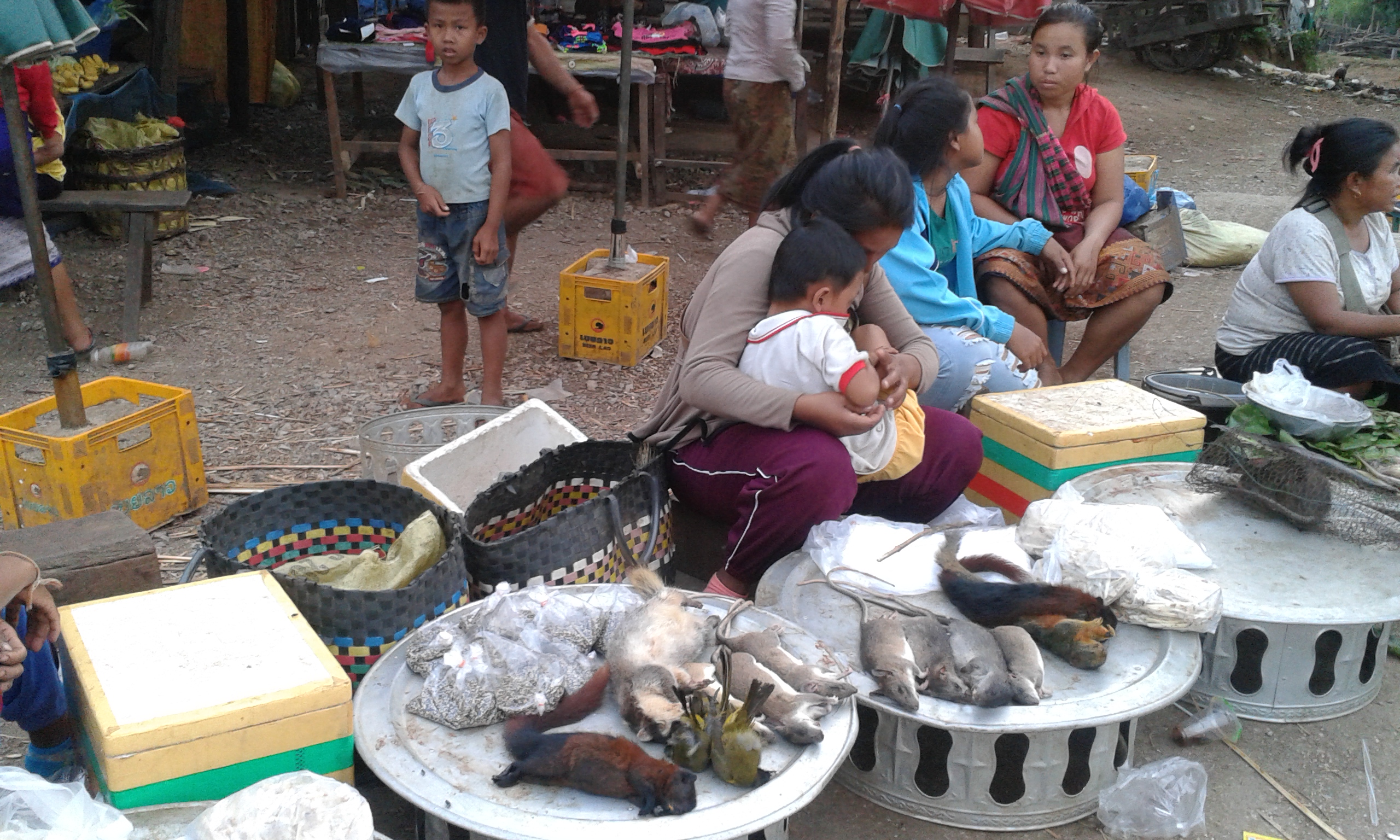
Mammals, wildlife trade & the next global pandemic
July 2021
The role of wildlife trade as a source of diseases infectious to humans has long been debated. Shivaprakash et al. show that 26.5% of mammals in wildlife trade host 75% of known zoonotic viruses, providing evidence that wildlife trade and zoonotic disease risks are strongly associated.
DOWNLOAD -
Common Plants of the River Narmada Riparian Zone
Endorsed by the Chief Minister of Madhya Pradesh – Shri Shivraj Singh Chouhan – the book ‘Common Plants of the Riparian Zones of River Narmada’ covers more than 200 native species of trees, herbs, shrubs, climbers and grasses that are best suited for revegetating Narmada’s riparian areas.
DOWNLOAD -
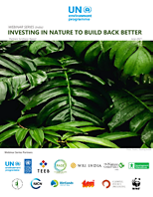
Investing in Nature to Build Back Better
June 2021
TNC India contributed to a webinar series led by the United Nations Environment Program aimed at mobilizing investments in biodiversity as we build back economies in the aftermath of the pandemic (see webinars 6 & 9).
DOWNLOAD -
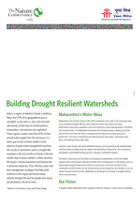
Building drought resilient watersheds
July 2018
India is a region of extreme climatic conditions and close to 70% of the country is classified as dry lands. We are working with partners to develop a comprehensive science-led drought resilience plan for the Devnadi watershed in Nashik district in Maharashtra.
DOWNLOAD -

India Rising
June 2018
Nature Conservancy is our flagship quarterly magazine produced by our global team. The Summer 2018 issue carried a comprehensive feature story about The Nature Conservancy’s work in India titled 'India Rising' along with a message from Mark Tercek, (then) President and CEO of The Nature Conservancy.
DOWNLOAD -
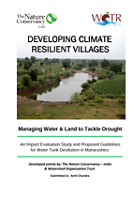
Developing Climate Resilient Villages
June 2018
For the past decade, several districts in Maharashtra have faced debilitating drought leading to deteriorating socio-economic and environmental conditions. This report identifies guidelines for scientifically desilting water tanks and supports the government policy to achieve state-wide scale. Download policy brief.
DOWNLOAD -
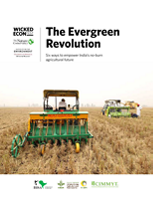
The Evergreen Revolution
November 2017
Every year, more than 23 million tonnes of rice residue are burnt in the agriculture fields of northwest India, which contributes to more than 50% of Delhi’s air pollution in the winter months. There is a solution to this burning problem—an agricultural technology called the Happy Seeder.
DOWNLOAD -
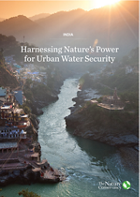
Harnessing Nature’s Power for Urban Water Security
March 2017
By 2030, more than 600 million people in India will be living in cities, which will need to grow rapidly to accommodate such large migrations. This report is an analysis of 53 Indian cities that highlight the potential for increasing urban water security by protecting India’s water sources.
DOWNLOAD -
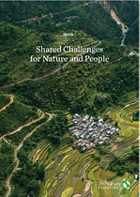
Shared Challenges for Nature and People
February 2017
The goals of economic development and nature conservation are often seen as contradictory. However, a thriving nation needs both. This report draws attention to the shared challenges facing nature and people, and builds a strong case for pursuing economic development and conservation in parallel.
DOWNLOAD -
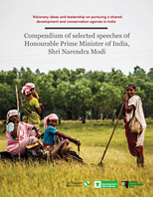
Compendium of Speeches: Shri Narendra Modi
The Honourable Prime Minister of India, Mr. Narendra Modi, has shown remarkable leadership in recognising the importance of environmental conservation while the nation strives to achieve its human development goals. This document is a compendium of speeches made by the Honourable Prime Minister.
DOWNLOAD -
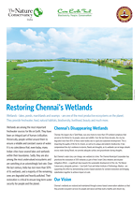
Restoring Chennai’s Wetlands
Rapid and unplanned development in Chennai has cost the city more than 85% of its lakes and wetlands, which have either disappeared or have been severely degraded. This has compromised the city’s resilience to storms, floods and droughts.
DOWNLOAD -
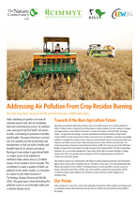
Addressing Air Pollution from Crop Residue Burning
Crop residue burning is a major source of air pollution in northwest India. The Happy Seeder—an agricultural technology—has been scientifically identified as one of the most cost effective and scalable solutions to utilise rice residue in the field itself.
DOWNLOAD -
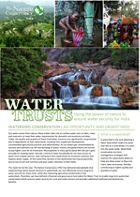
Bringing People Together to Protect Water
Implementing conservation measures at the water source can improve water quality and quantity at a low cost. We have developed a tool called Water Trust—a financial and governance mechanism—which enables long-term watershed conservation with the involvement of multiple stakeholders.
DOWNLOAD
